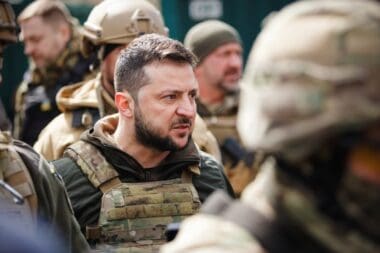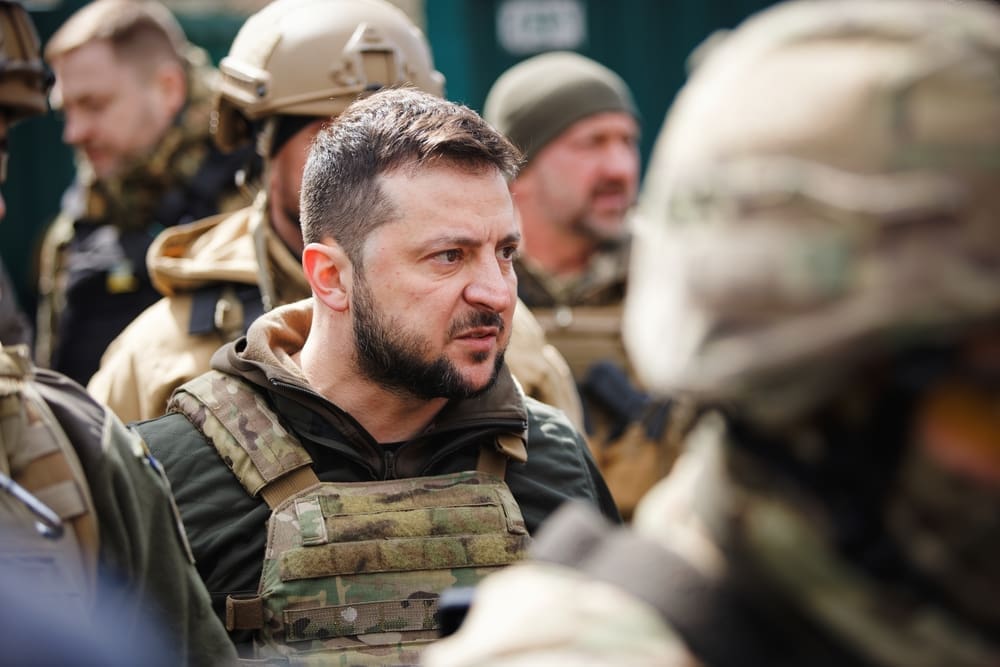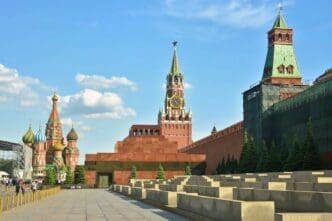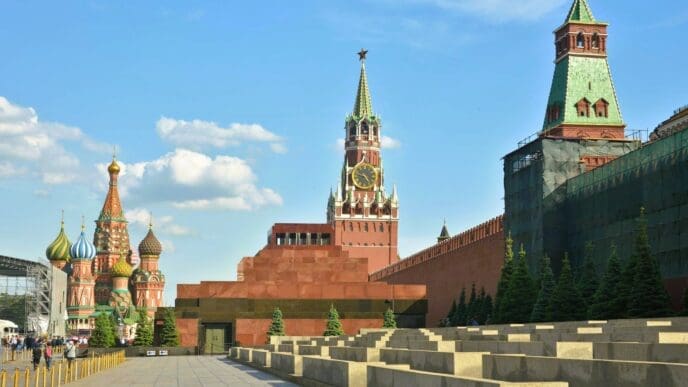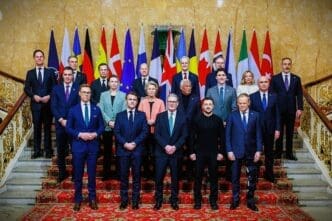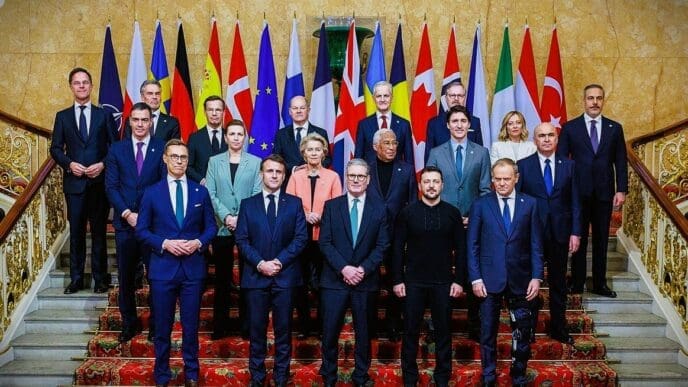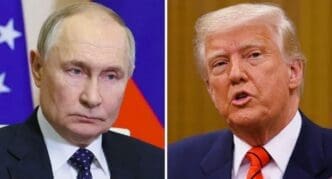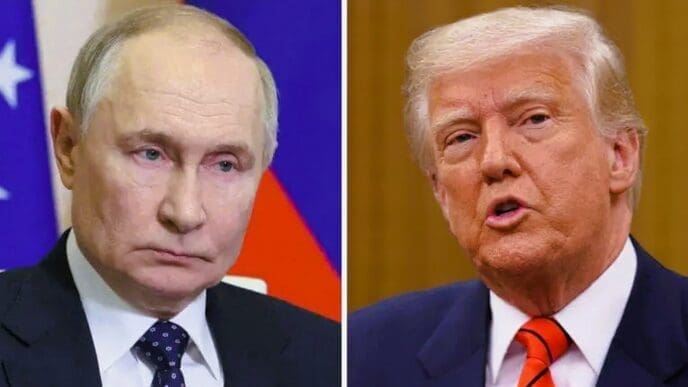At least 34 individuals lost their lives and approximately 117 others sustained injuries when two Russian ballistic missiles targeted the northern Ukrainian city of Sumy. This marks the second significant assault resulting in civilian casualties within a week, according to reports from Kyiv.
The missiles struck on Palm Sunday morning, a day commemorated as the Sunday before Easter, symbolizing Jesus Christ’s entry into Jerusalem. The initial missile hit around 10:15 am local time, with images from the scene revealing rows of black body bags along the roadside and bodies wrapped in foil blankets amidst the wreckage.
Footage captured fire crews battling flames from burnt vehicles among the ruins of damaged buildings. Ukrainian authorities reported that the casualties included two children, with an additional 15 children injured to varying degrees. Among the injured was a toddler, a newborn girl born in 2025, as highlighted by Ukraine’s President Volodymyr Zelenskyy.
Zelenskyy described the attack, stating that one missile struck a university building while the other detonated over a street, leaving 117 people injured, including the young girl. He condemned the attack as a brutal assault on civilians, particularly noting its occurrence on Palm Sunday, and criticized Russia’s actions as reprehensible.
The Ukrainian president linked the attack to Russia’s earlier refusal of a US-proposed 30-day unconditional ceasefire, which Ukraine had agreed to on March 11. He accused Moscow of stalling for additional concessions and questioned their commitment to peace, highlighting the frequent use of ballistic missiles and strike drones targeting Ukrainian cities.
Zelenskyy called for a global response, urging decisive action to prevent further attacks like the one in Sumy from derailing peace efforts. The attack follows a deadly missile strike on April 4 in Zelenskyy’s hometown of Kryvyi Rih, resulting in the deaths of about 20 people, including nine children.
This latest incident comes amid accusations between Russian and Ukrainian diplomats of violating a tentative US-brokered agreement to halt strikes on energy infrastructure, highlighting the complexities of negotiating an end to the ongoing conflict, which has persisted for over three years.
The Human Element Explored
The missile strikes on Sumy have profound implications for the local community and the broader region. The tragic loss of life and the injuries sustained by dozens, including children, underscore the human cost of ongoing geopolitical tensions. Residents of Sumy and surrounding areas are likely to experience heightened anxiety and insecurity, as the threat of further attacks looms. The psychological impact on survivors and first responders, who witnessed the devastation firsthand, cannot be understated.
On a broader scale, the attack exacerbates the humanitarian crisis in Ukraine, straining resources and complicating relief efforts. The destruction of infrastructure and residential areas hampers daily life and disrupts essential services, such as healthcare and education. This creates additional challenges for local authorities and international aid organizations working to provide support and stability to affected communities.
The international community’s response to this incident will be crucial in shaping future diplomatic efforts and conflict resolution strategies. A united global stance may help pressure involved parties towards meaningful negotiations and a potential path to peace, ultimately reducing the risk of further civilian casualties and fostering a more stable and secure environment for all Ukrainians.

